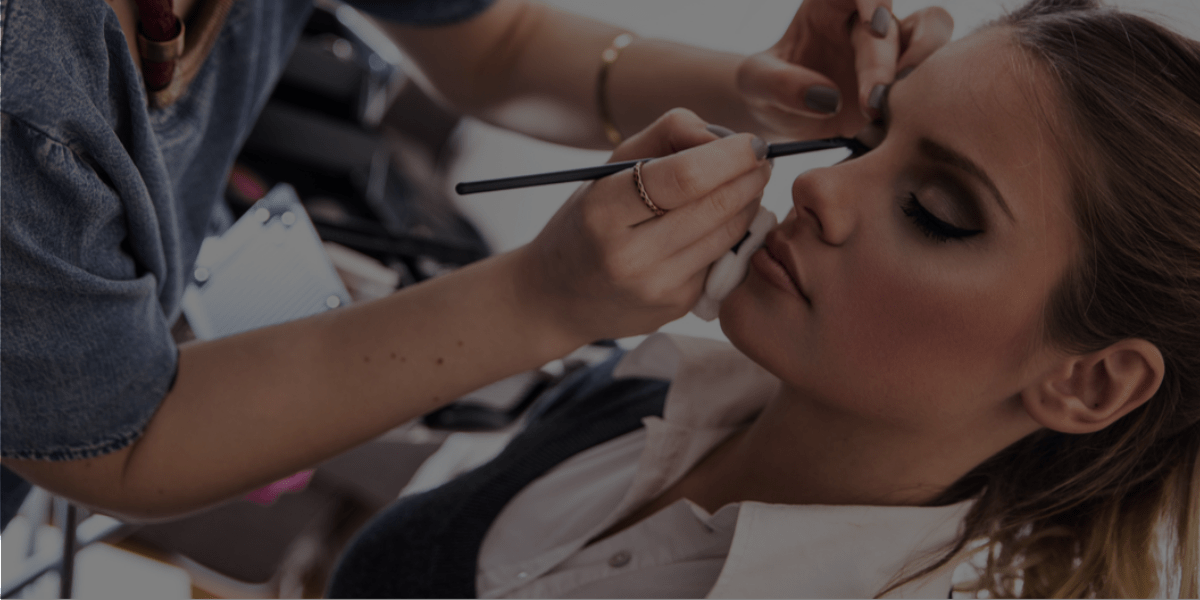Being a makeup artist is a labor of love. You don’t get into this industry without first and foremost have a passion for the craft. You’re likely also a very motivated and hard-working person since you know full well that being an MUA is not an easy profession.
So why would you put all this time, effort, training, and money into your own makeup business… Only to blow it by committing the most basic faux pas out there? You DON’T want that to happen, and we know that. You’re serious about what you do, and you love your job.
So take it from us: so long as you don’t do any of the following things on a regular (or intentional) basis, your makeup career will continue heading in the right direction!
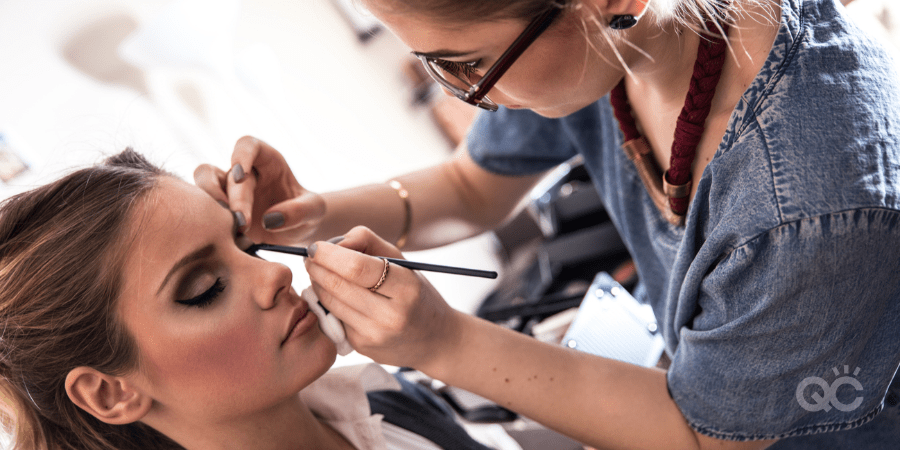
Running your own business isn’t for the lazy or disorderly. The entire fate of your career is in your hands – meaning, you’re going to be in charge of a lot of things. You’d better be prepared to stay on top of everything, or else you’ll quickly become overwhelmed and start making mistakes. Really, making sure you stay organized is going to help YOU more than anyone else.
Add to this the fact that being a professional makeup artist quite literally means that your livelihood is based on appointments: making or taking them, properly scheduling them, keeping track of them, and seeing them through. Your appointments are your top priority as a makeup artist. Being late is a big no-no. Missing appointments altogether is even worse!
Neglecting the importance of being organized in this industry could also lead to other annoying mishaps, such as double-booking clients. It’s one thing if it’s a genuine mistake that only happens once in a blue moon. But if you’re doing any of the above on a regular basis, your reputation is going to tank pretty quickly. You may be better off re-evaluating yourself, as being a professional MUA just may not mesh with your personality and lifestyle.
Skimp on your makeup products
This shouldn’t require a whole lot of explanation. You’re a professional makeup artist! How can you ever expect to be successful amongst all the competition if you don’t even care or invest in your makeup kit? That would quite literally be like if you were a cowboy in the Old West, got challenged to a pistol duel at dawn, and then showed up with a limp spaghetti noodle as your weapon.
Look, we’re not saying that you need to go broke in order to fill up your professional makeup kit. You don’t even need the fanciest, most expensive products! But you do need to be realistic about the fact that if this is truly what you want your career to be, you’re going to need to invest SOME money into your products. They may not need to be the most costly, but they do need to be of good quality.
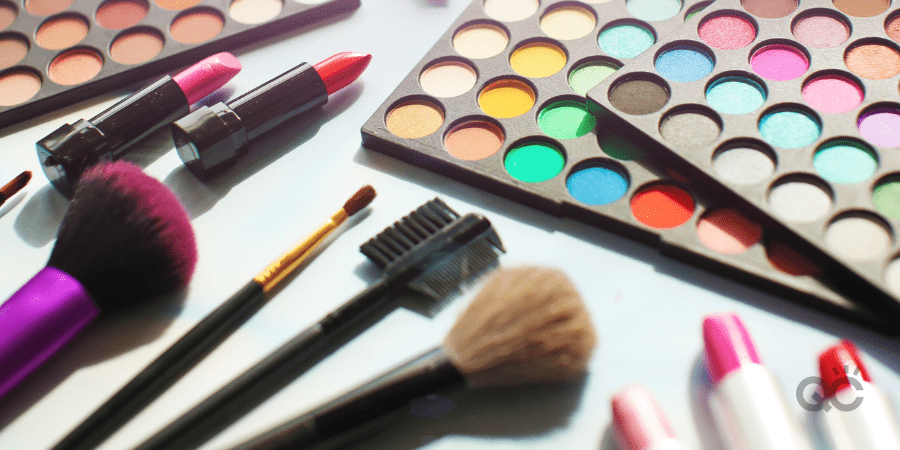
Disregard your client’s skin type and color
Fun fact: back in 2013, my University graduation was nearly ruined for me, thanks to the job a salon makeup artist did on my face. I’m not exactly sure what happened, because I’d done my research, and the salon in question had had great reviews across the board.
The gist of the problem was that I’m fairly sure she’d never heard of color matching in her entire life, much less studied it. The end result was that the skin on my face was a dark, orangey hue – while the rest of me was pretty pale (my natural shade).
Also, there was absolutely ZERO blending into my neck. There’s a good chance that from a distance, I probably looked like a pumpkin wearing a graduation gown. It was pretty bad – and I wish I was exaggerating when I say that way too many people definitely noticed.
My point is your clients’ skin type, color, texture, etc. matter! Understanding her skin and choosing the products best suited for it can, and often does, mean the difference between flawless results or a botched experience. Your client is coming to you because they’re trusting you to make her feel beautiful. No one is going to feel beautiful if they’re very clearly wearing the wrong product that doesn’t flatter her at all.
This means being able to observe your client’s skin, ask the right questions, and confidently conclude:
- If her skin is normal, oily, dry, or combination skin
- If she has any skin conditions, what they are, and what’s best for them
- If she has sensitive skin, and if so, which safe products you can use on her
- The proper range of her skin shade
- Where color-correcting may be required, and what correctives you should use
If you have any training in skincare consulting, you can also potentially rely on that to recommend products that would best suit your client’s skin during her skincare routine!
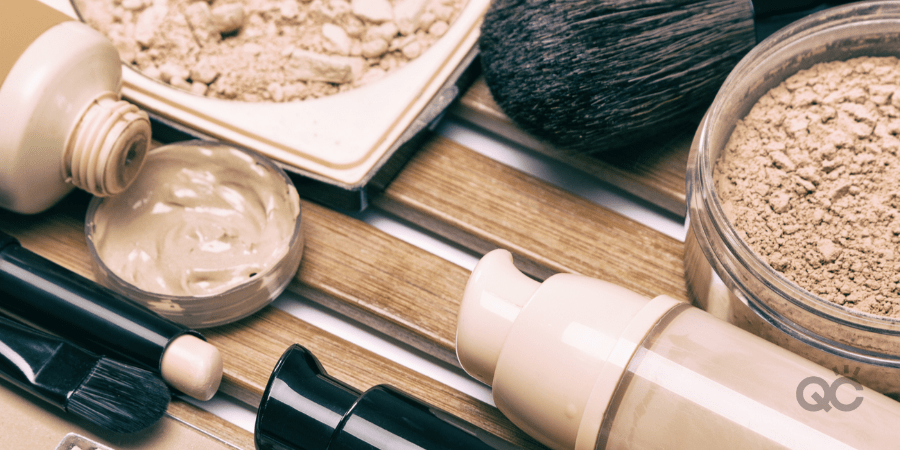
Charge unrealistic rates
There are 2 main ways you can do this:
1. Being unfair to clients
Typically, this would be in the form of charging way too much for your service(s). Sometimes, it’s simply due to not understanding the going rate in your area for the work you’re doing. Other times, it’s a new makeup artist charging too much based on her level of experience.
If you’re first starting out as a professional makeup artist, you definitely shouldn’t give away your work for free. But remember to be realistic at first: you’re new, you don’t have any traction in the community yet, and you still need to prove yourself.
Your talent may be worth a higher figure and trust us, you’ll get there. But in the beginning, you may need to take a small pay cut in order to build up your credibility.
2. Being unfair to yourself
The other end of the spectrum is that you wind up charging too little for the services you provide, and you’re actually ripping yourself off. Newbie makeup artists are also just as susceptible to this pitfall: they haven’t gained enough confidence in themselves and their abilities to charge what they feel is fair, so they low-ball in order to try to get clients.
Sure, this may be fine for the first few jobs – but you need to know your worth, too! Compare the rates of other MUAs in your area, and then don’t be afraid to mark your prices in a similar ballpark. Don’t sell yourself short!
Go without makeup artist training
If a client has the option to choose between a makeup artist with professional training under their belt, versus someone who doesn’t, that client is always going to choose the MUA with more experience and education.
ALWAYS.
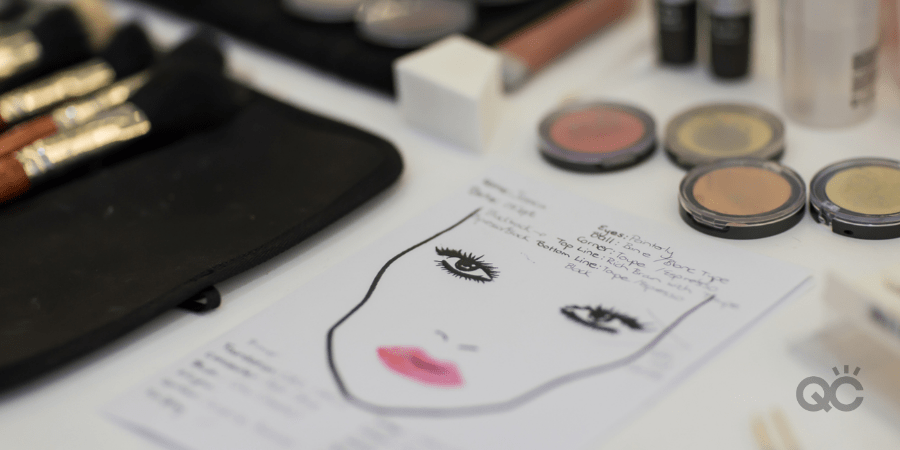
Not only that, but you’ll be provided with quality products, become an expert in makeup theory and application, and have a major edge up on your competition.
You’re not doing yourself, or your makeup business, any favors by believing you know it all and don’t have any room for improvement. Proper makeup artist training, courses, and schooling is led by actual specialists in the field. It’s a type of learning experience that will take your knowledge, understanding, and skills to a whole other level!
Continued training, practice, and education are some of the single greatest things you can ever do for both your makeup career and business. Can you think of other critical things needed for a successful makeup artist business? Let us know in the comments below!
